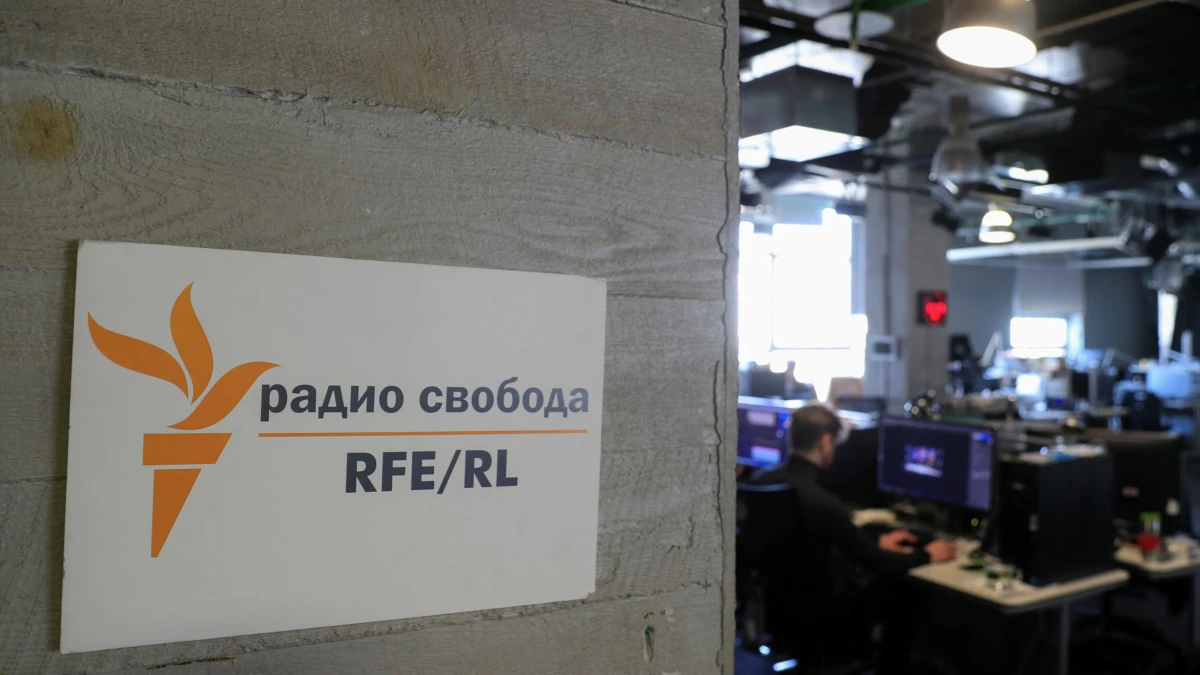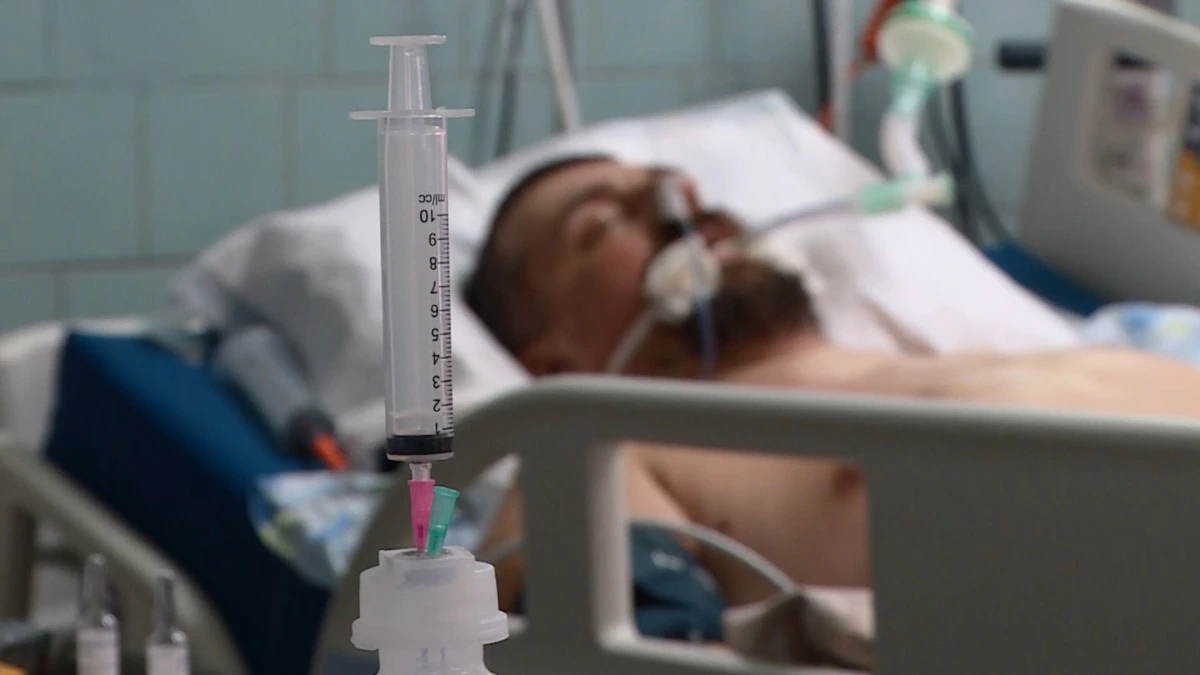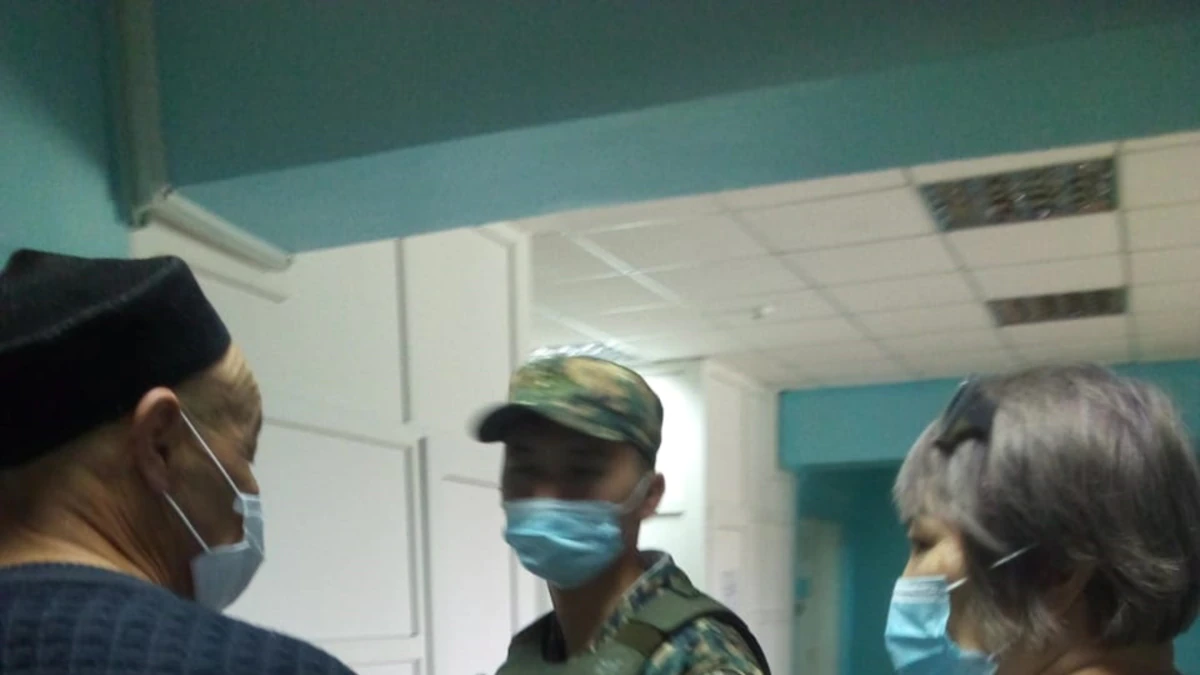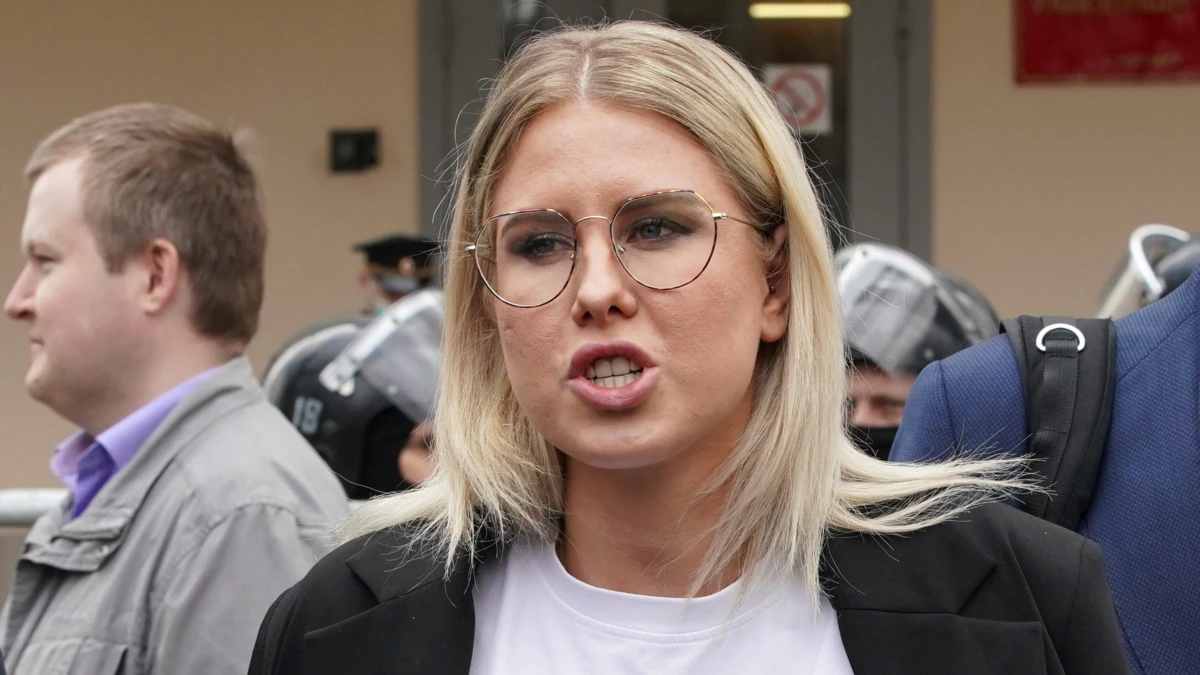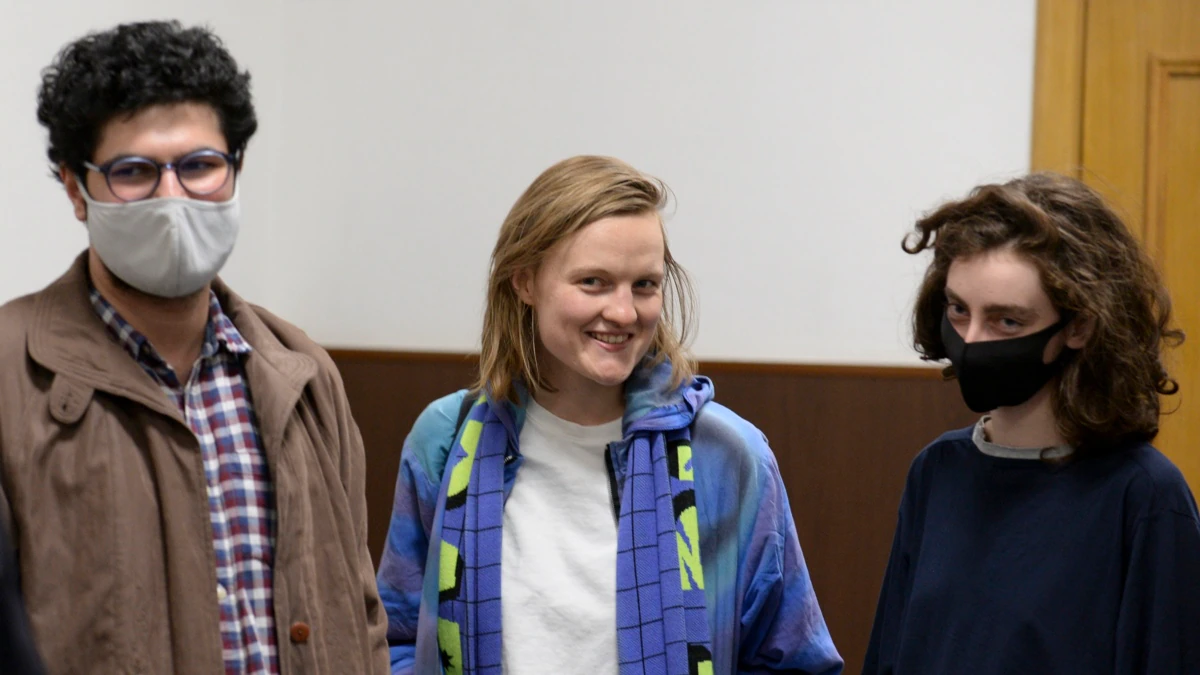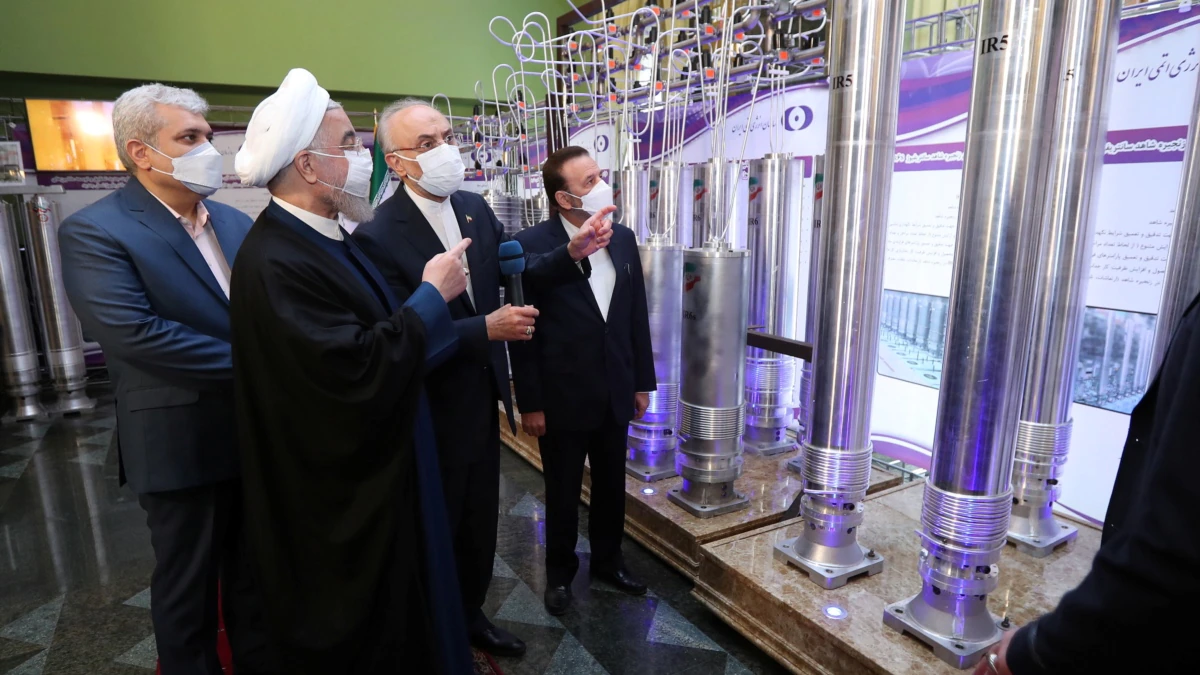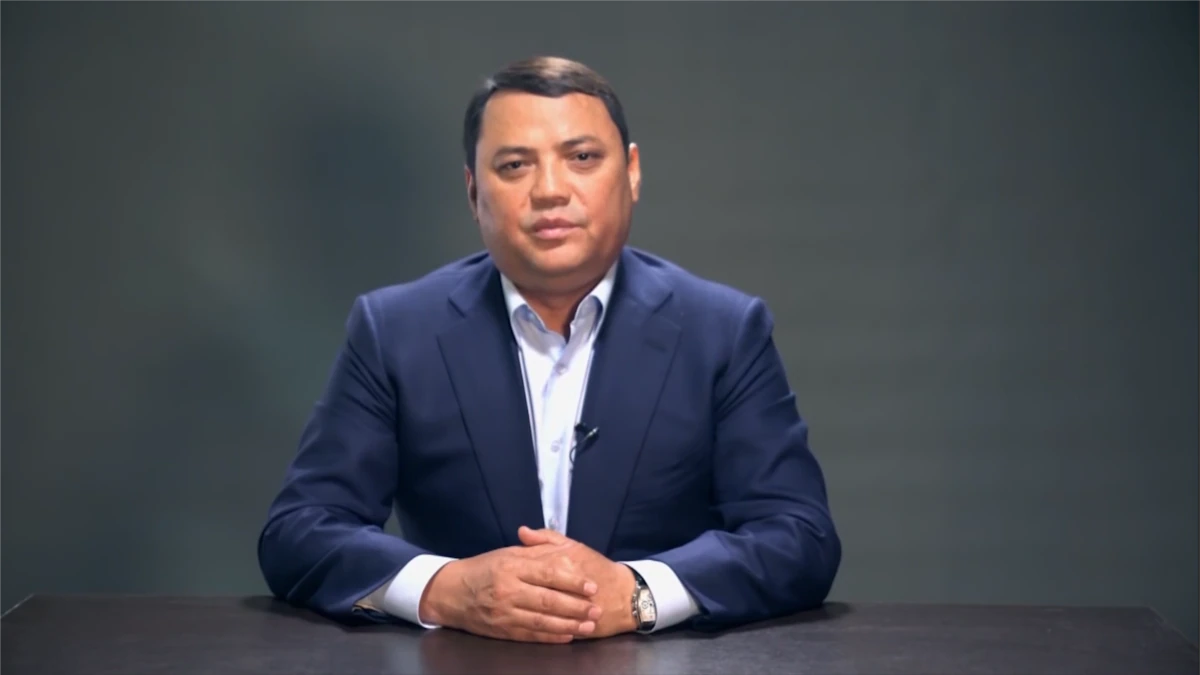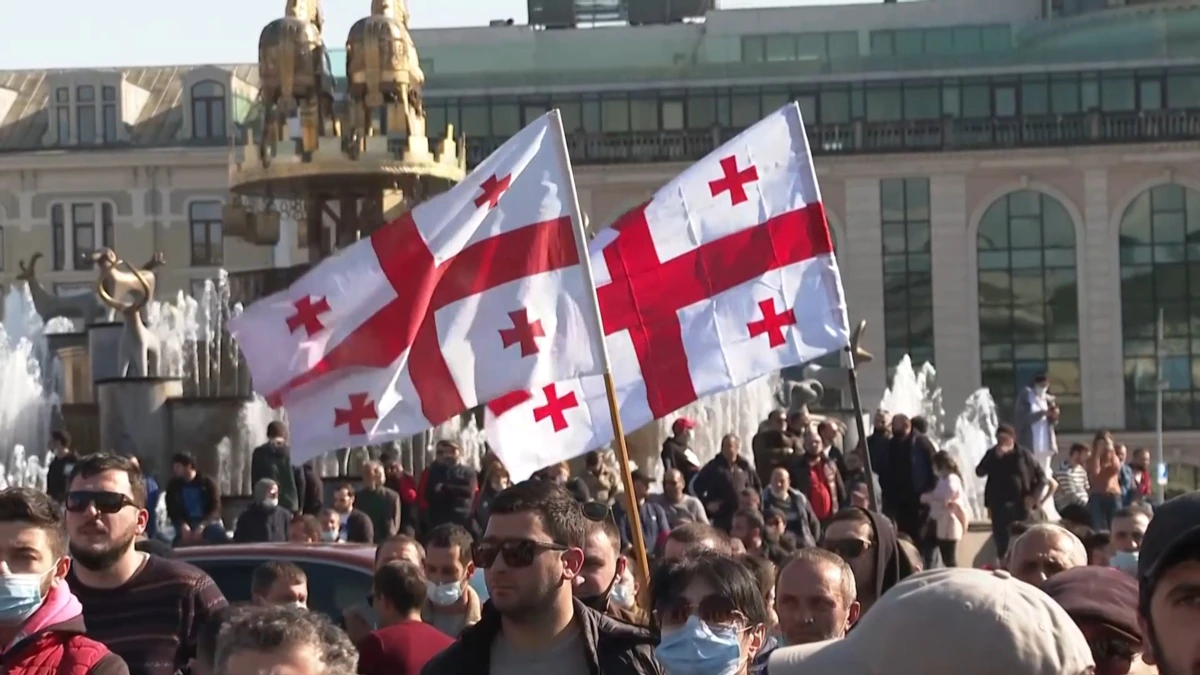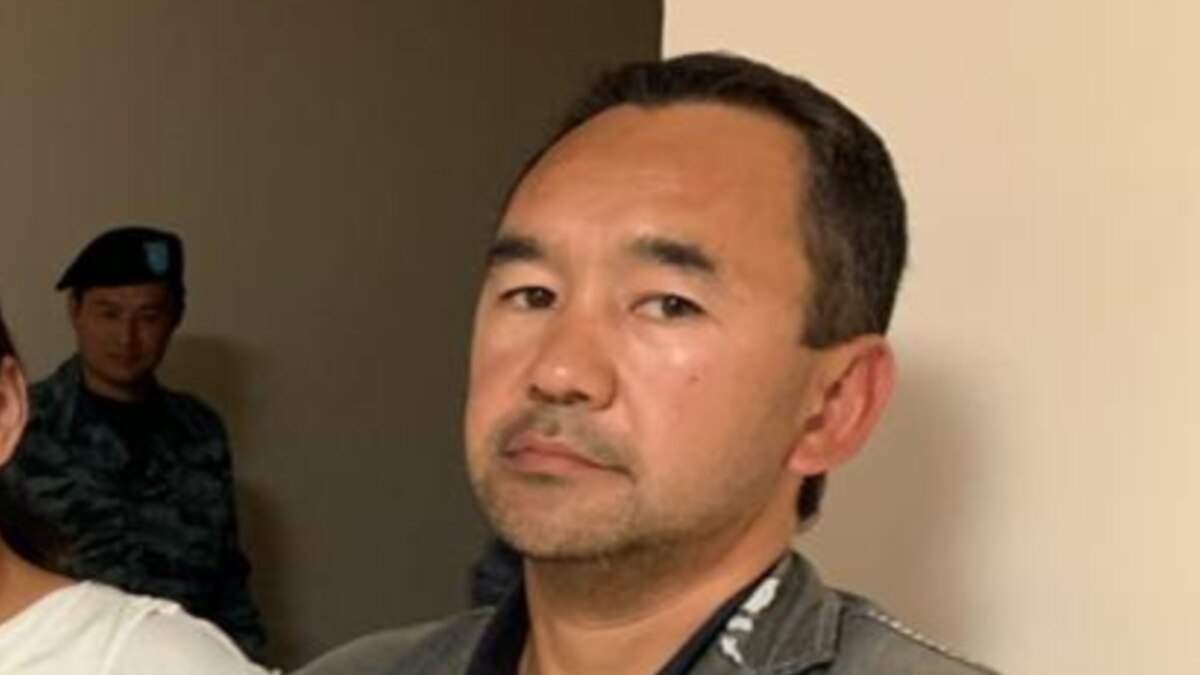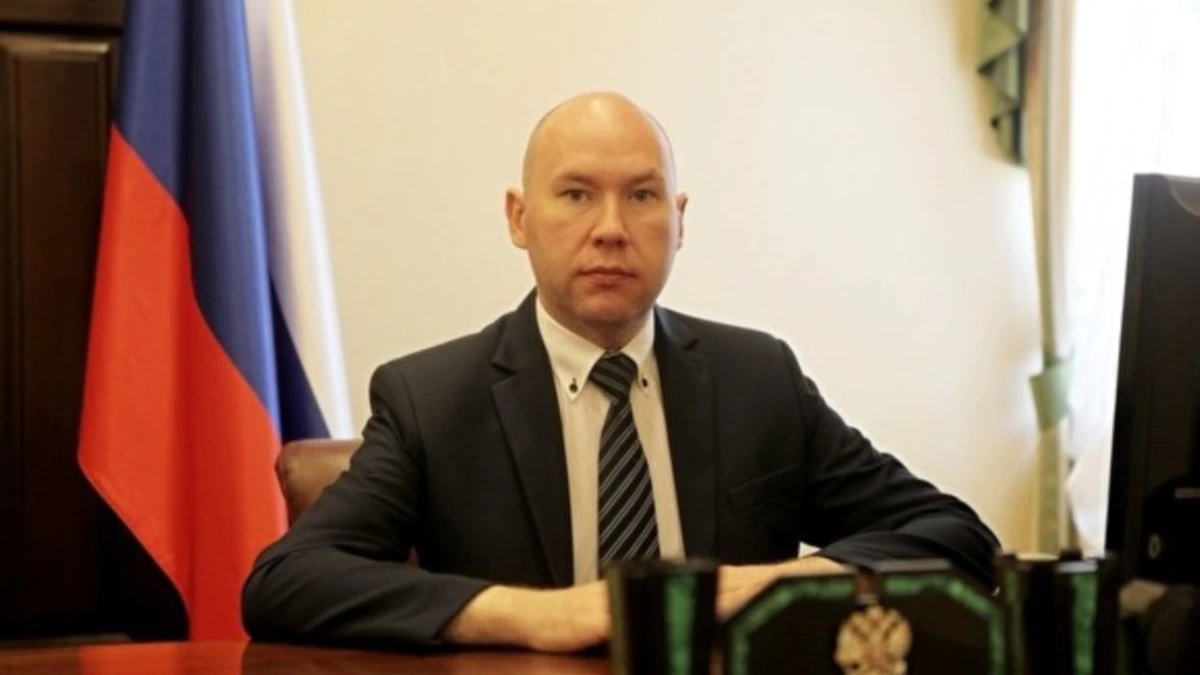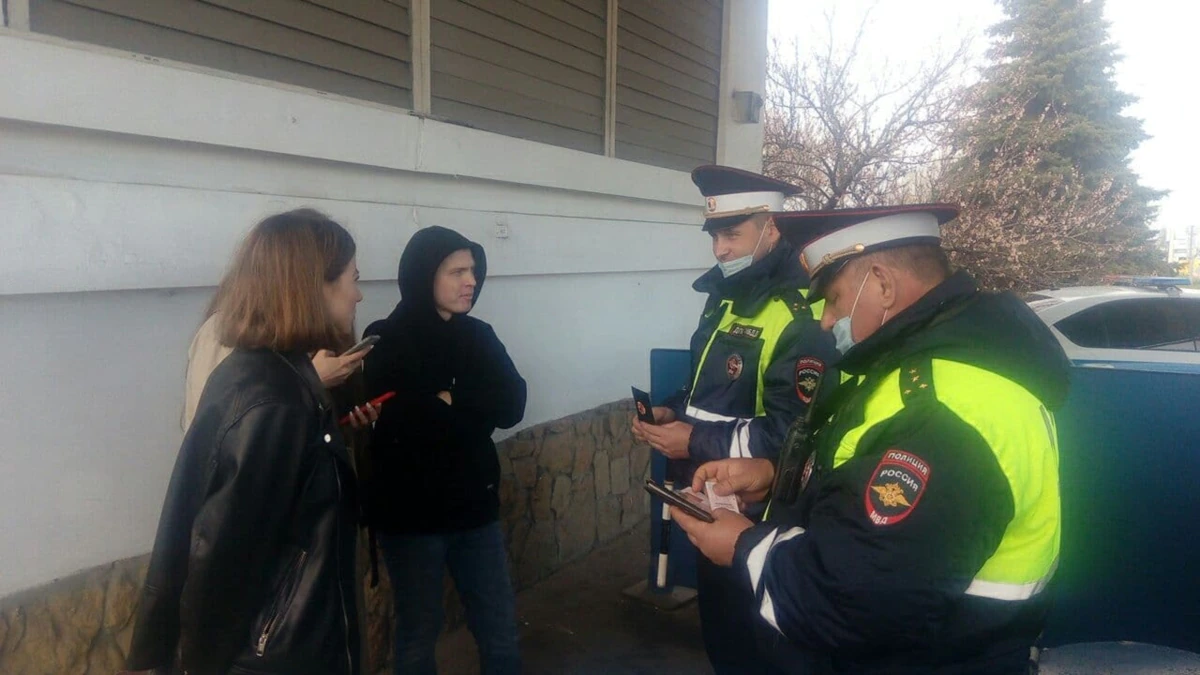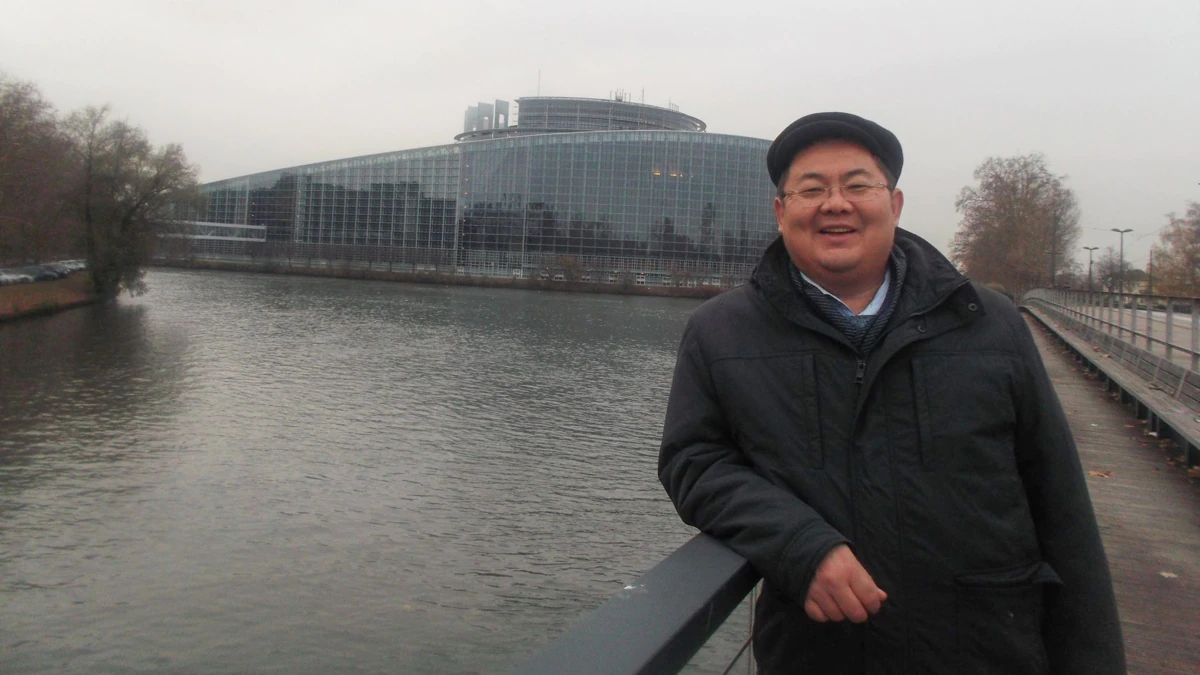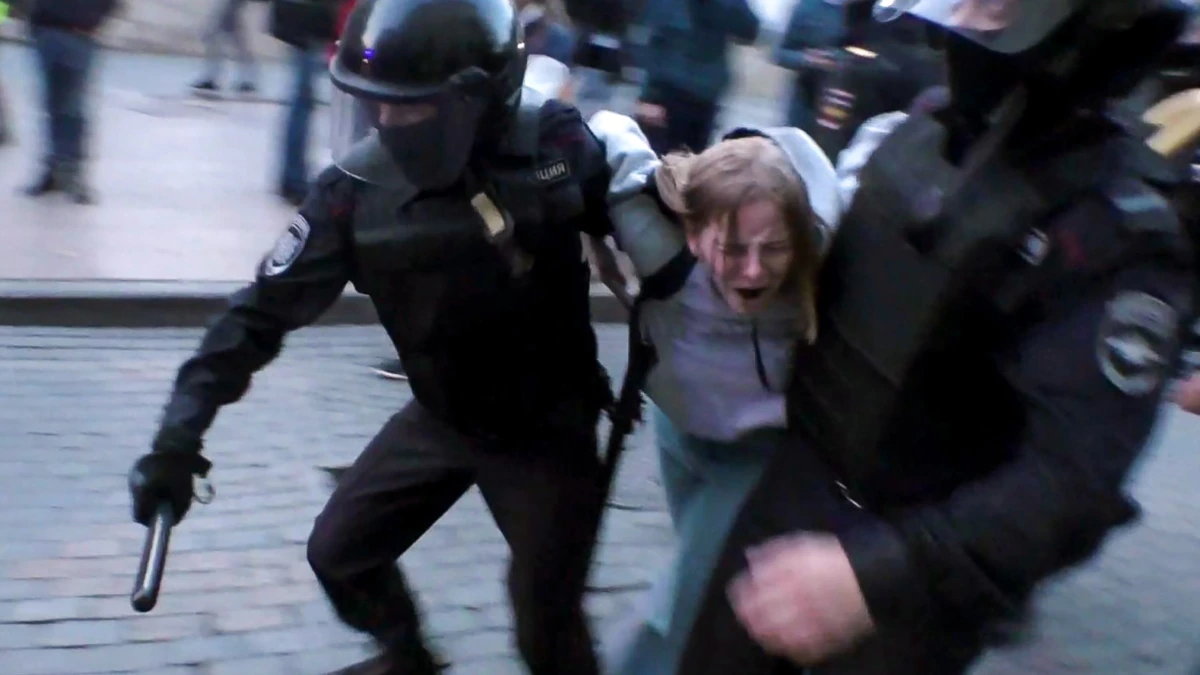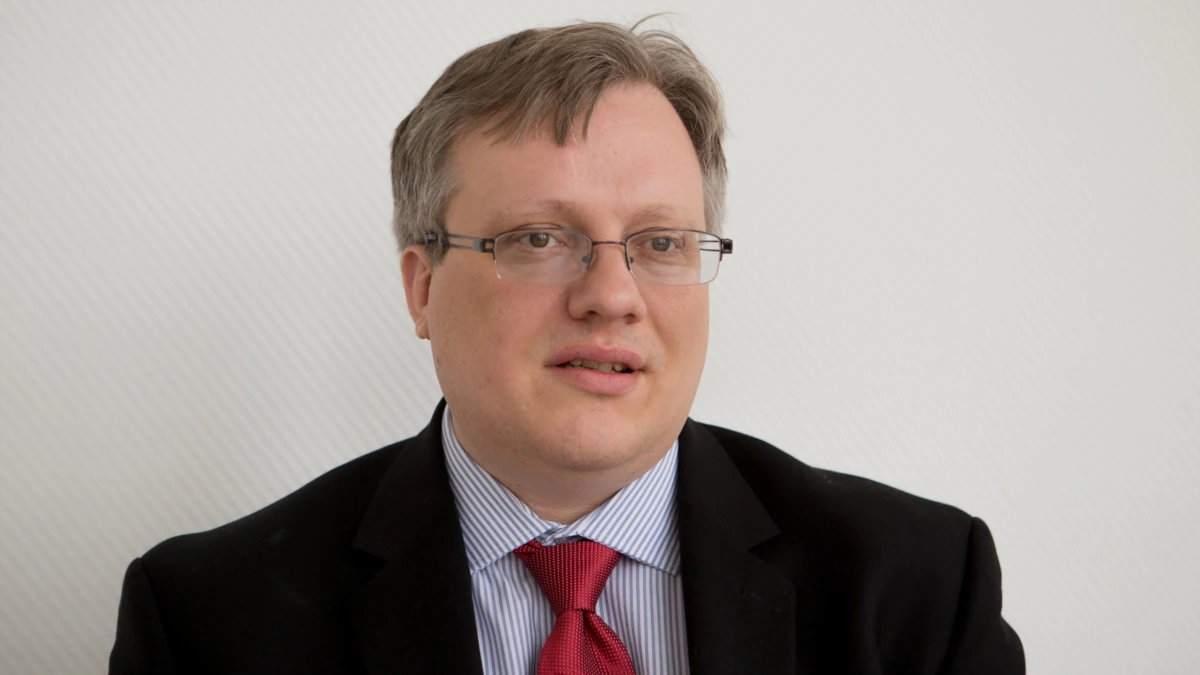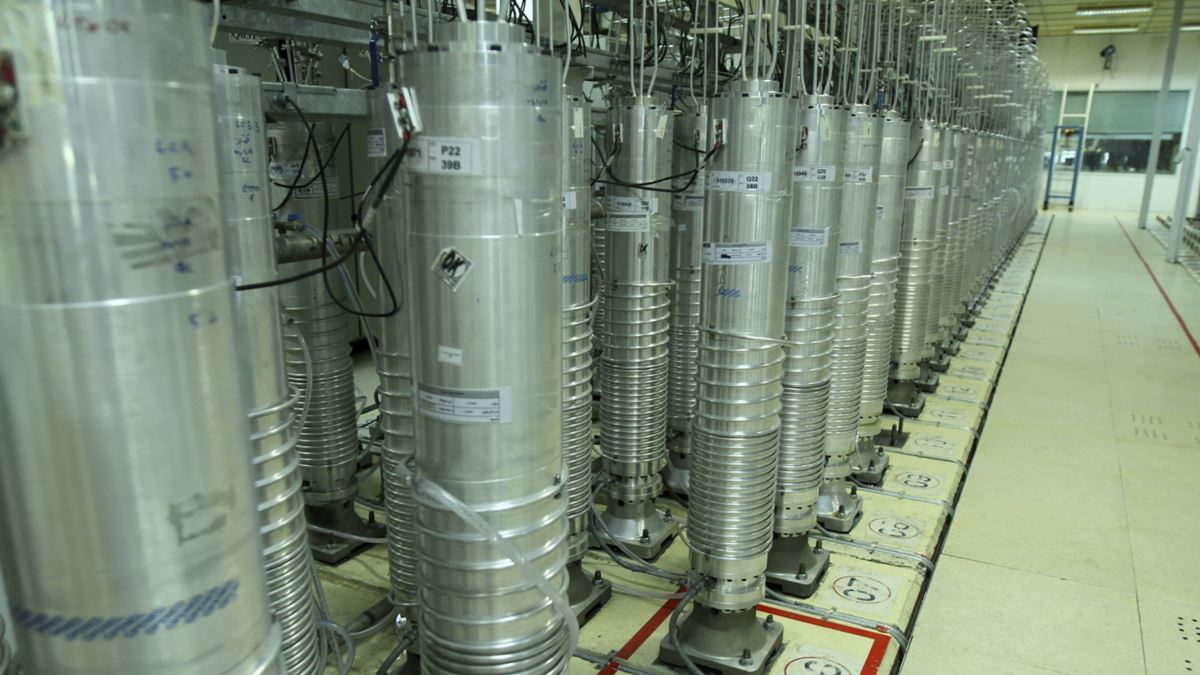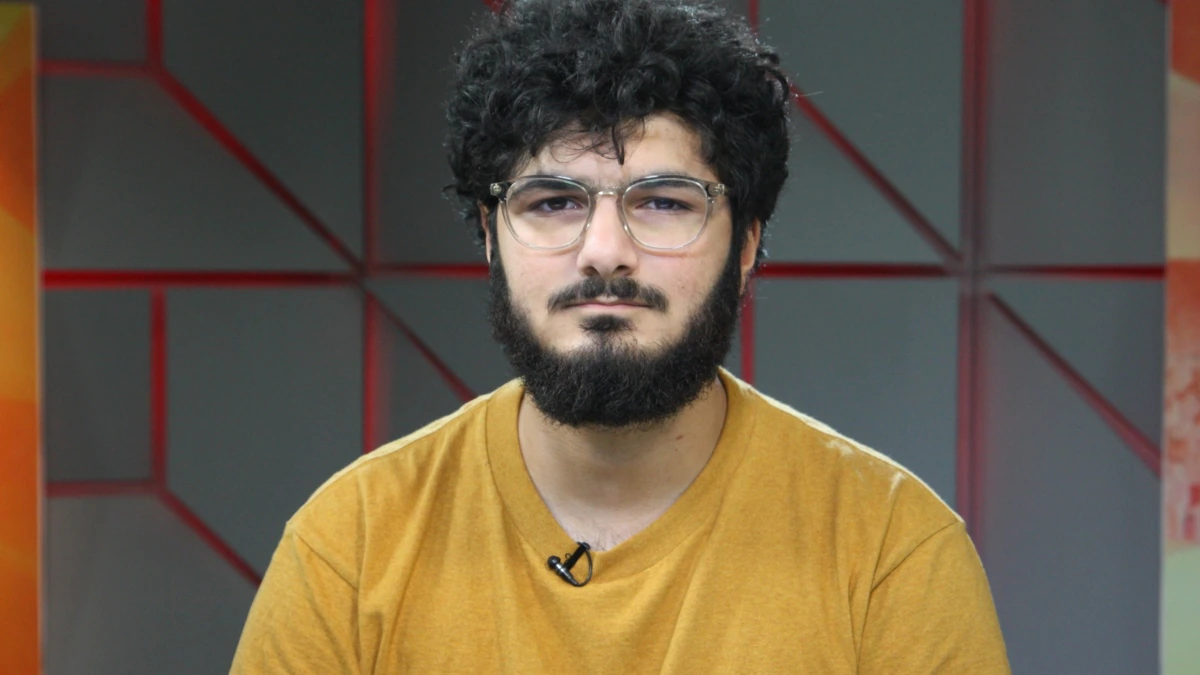A Russian court conjures up an “illusion of leniency” with a ruling that lets four young arrestees leave their homes for one minute a day, part of a continuing crackdown ahead of elections. Kremlin foe Aleksei Navalny’s troubles persist in prison. Tension rises as Russia builds up forces near Ukraine and the United States offers Vladimir Putin a summit — and sanctions.
Here are some of the key developments in Russia over the past week and some of the takeaways going forward.
‘Freedom is Better’
Dmitry Medvedev, whose single-term presidency stands for some as a monument to false hopes for change in Russia, famously said that “freedom is better than unfreedom.”
That may seem obvious, but it was taken as a signal of possible change at the time nonetheless, and he repeated it shortly before he stepped down in 2012 and handed Russia’s reins formally back to Vladimir Putin, who first became president in 2000 and may continue and now has the option of seeking to stay in office until 2036.
And now, nine years after Putin returned to the Kremlin, a Russian court has issued a ruling that seems to stand Medvedev’s maxim on its head: It has ordered four editors of a student magazine who have been arrested in connection with a video related to protests over opposition politician Aleksei Navalny’s jailing to remain in their homes for all but one minute of freedom each day for two months.
The four — Armen Aramyan, Alla Gutnikova, Vladimir Metyolkin, and Natalya Tyshkevich — will be allowed out from 11:59 p.m. to midnight.
The restriction, imposed by Moscow’s Basmanny district court on April 14 at the behest of prosecutors, is a pretrial measure. The editors of student magazine Doxa are charged with engaging minors in potentially harmful activities and could be sentenced to three years in prison if convicted.
The video they were charged over questioned teachers’ warnings to students about possible repercussions they could face for participating in unsanctioned rallies on January 23 and 31.
Normally, if the Russian authorities want to refrain from jailing an arrestee ahead of trial but also do not want to leave them free, a court will order house arrest. In the case of the Doxa detainees, the court ordered that their movements be restricted — a custody measure that, at least on paper, seems substantially more lenient.
In this case, however, the restrictions are “in essence even more severe than house arrest,” said Irina Biryukova, a lawyer with the Russian legal-aid NGO Public Verdict. For one thing, suspects under house arrest are allowed occasional outing such as to get fresh air, go to the doctor, or go to a house of worship.
“In my view, this is just the illusion of leniency,” Biryukova told Mediazona, a Russian outlet that specializes in reporting on courts, prisons, and the law. “‘Restrictions on Certain Activities’ sounds far softer than ‘House Arrest.’”
Kirill Koroteyev, a lawyer at the Russian human rights organization Agora, said that the one-minute restriction might violate the European Convention on Human Rights.
It can also be interpreted as a form of trolling — something that the Russian state seems to have made part of its arsenal of measures in both domestic and foreign policy in the past few years.
Trouble Speaking
How else to explain the imprisoned Navalny’s statement earlier this month that his jailers were trying to undermine the hunger strike he declared on March 31 by roasting chicken near his cell and slipping candy into the pockets of his clothing.
Or, for that matter, their repeated assurances that his condition is “satisfactory.”
Navalny, who is serving a 2 1/2-year prison term on charges he calls absurd, has accused his jailers of a deliberate effort to undermine his health. After visiting him in prison on April 13, his wife, Yulia Navalnaya, said he had lost 17 kilograms, speaks “with difficulty,” and had to lie down and rest repeatedly during their telephone call across a glass barrier.
“I know that he is not going to give up…. But after the visit with Aleksei, I worry about him even more,” she said.
The Doxa case is likely to underscore the rift between the Russian state and millions of its younger citizens, who polls show are substantially less likely to want Putin to stay in office after his current term expires in 2024 and present a problem for the ruling United Russia party in parliamentary elections slated for September.
The prosecution of the editors is part of a wide-scale crackdown on government critics, perceived Kremlin opponents, and civil society that has intensified since Navalny returned to Russia from Germany, where he was treated following a near-fatal nerve-agent poisoning in Siberia in August that he blames on Putin and the Federal Security Service (FSB).
More than 100,000 people protested nationwide on two successive weekends after his arrest at the airport on arrival, and police detained some 10,000 people in a violent response.
Protest Echo
The arrest and imprisonment of Navalny has increased the already severe strains in ties between Russia and the West, long seen by both as being close to, at, or below Cold War lows since 2014, when Moscow seized the Crimean Peninsula and fomented separatism across much of Ukraine, helping ignite a war that has killed more than 13,000 people in the Donbas, where Moscow-backed forces hold parts of two provinces.
Tensions over Ukraine have increased substantially in recent weeks, with a flare-up in fighting and a series of highly visible military movements by Moscow, which has sent additional forces into occupied Crimea and into areas close to the Ukrainian border in southwestern Russia.
The movements have raised questions about Russia’s intentions, which are unclear.
“It appears [to be] a coercive demonstration, but the chance that it is not remains significant,” Michael Kofman, a senior fellow at the Washington-based Center for a New American Security, wrote on Twitter on April 14. “It is too early, and overly optimistic, to assume the situation will de-escalate.”
If Russia’s intentions are unclear, so are its excuses. Since the military movements started getting noticed, Russian officials have offered several sometimes conflicting — and, in the eyes of many analysts, unconvincing — explanations.
They include claims that Russia is merely holding military exercises, assertions that Ukraine is threatening to retake control over the separatist-held parts of the Donbas, and a statement from Defense Minister Sergei Shoigu that NATO is conducting “military activities that threaten Russia.”
Shoigu appeared to be referring to NATO military exercises. But his remarks were undermined in advance by Putin’s spokesman, Dmitry Peskov, who said that Russian military moves on its own territory pose no threat to any other country. If that’s the case, though, then the same should be true of NATO moves on alliance territory.
One of the theories about Russia’s buildup is that it’s in part an attempt to test U.S. President Joe Biden early in his term and pressure his administration not to challenge Russia in a number of ways, such as by stepping up U.S. support for Ukraine and imposing new sanctions on Moscow.
But sanctions came. Two days after Biden and Putin held their second telephone call since the U.S president took office in January, his administration announced the expulsion of 10 Russian diplomats and sanctions against dozens of Russian people and companies, in response to alleged interference in the 2020 presidential election and the breach of government systems in the Solarwinds hack, as well as human rights violations and other actions in Crimea.
The sanctions seemed to be in line with remarks Biden has made about Russia policy, and with the White House readout of Biden’s phone conversation with Putin on April 13: Biden “made clear that the United States will act firmly in defense of its national interests in response to Russia’s actions,” it said, but at the same time he “reaffirmed his goal of building a stable and predictable relationship with Russia consistent with U.S. interests.”
Biden also “proposed a summit meeting in a third country in the coming months to discuss the full range of issues facing the United States and Russia,” the White House statement said.
An observer for Moscow tabloid Moskovsky komsomolets wrote that Biden was “gaslighting” Putin by proposing a summit and imposing new sanctions two days later.
Summits And Sanctions
But Biden stated that he was not trying to “kick off a cycle of escalation and conflict” with Russia, saying that the United States “could have gone further” but that he chose not to for that reason, at the same time adding that if Russia “continues to interfere with our democracy, I am prepared to take further actions to respond.”
“The message here is that the Biden administration is deliberate and considerate when it comes to attacks on our political processes, security, and the sovereignty of our allies,” Nina Jankowicz, a disinformation expert at the Wilson Center think tank, wrote on Twitter shortly after the sanctions were announced.
“It will continue to impose costs on Russia for its malign activities but with the offer of a US-Russia summit this week, also a reminder that Putin has the keys to rolling back these costs. Pull out of Ukraine. Stop meddling in other countries’ affairs,” Jankowicz wrote. “Unlikely to happen, of course, but the off-ramp is there.”
It’s possible, or course, that Putin will steer clear of a summit, at least for the “coming months” mentioned in the offer, but blow past the off-ramp when it comes to what a White House statement called “Russia’s harmful foreign activities.”
Before the sanctions were announced, Peskov said that additional punishments would “not be conducive” to a Biden-Putin summit, but he left the door open. For years, Putin has used the United States as a bugbear to bolster his image — while also using meetings with senior world leaders, and in particular the president of Moscow’s former Cold War foe, to the same purpose.
But a summit, if it happens, is weeks or month away, and whether it happens will depend on numerous other factors in addition to U.S. sanctions and their severity, not least the next developments in Ukraine.
In the short term, the U.S. measures seem certain to focus even more attention on the Russian forces gathering in Crimea and close to Ukraine’s eastern border, as Kyiv, Washington, and the West watch for Kremlin responses to the new sanctions.
Even as observers worry that Moscow may be spoiling for a fight, and hoping that Kyiv will provide a pretext with some aggressive move, Russia has laid the groundwork to blame Ukraine, the United States, and the European Union for any further escalation of hostilities.
“If there is any aggravation, we of course will do everything to ensure our security and the safety of our citizens, wherever they are,” Deputy Foreign Minister Sergei Ryabkov said on April 13, apparently referring in part to the Donbas residents whom Russia has given passports — that it, citizenship. “But Kyiv and its allies in the West will be entirely responsible for the consequences of a hypothetical exacerbation.”
One short tweet seems to sum up what some of those who disagree with Ryabkov’s remark may be thinking.
“Pre-emptive plea,” Nate Schenkkan, director of research strategy at Freedom House, wrote, “if Russia attacks Ukraine (again) to please not say it is in response to US sanctions.”
This post was originally published on Radio Free.





